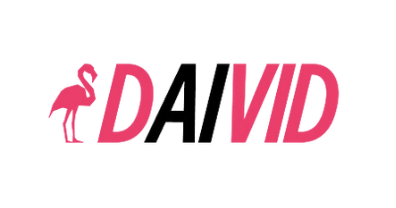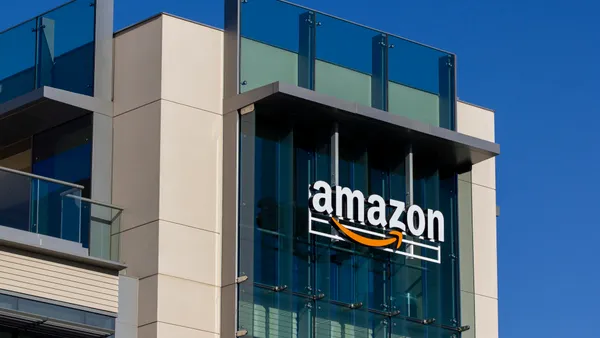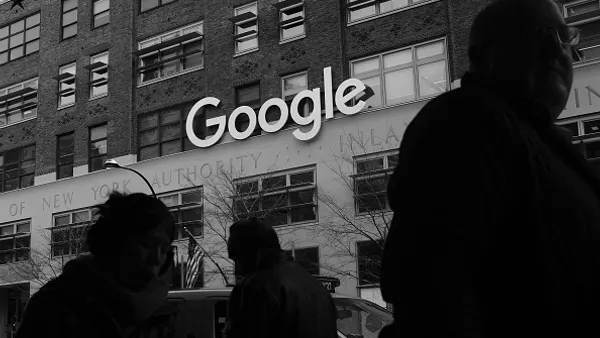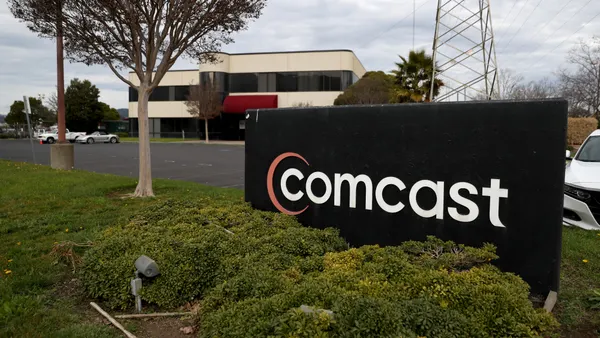Dive Brief:
- PepsiCo announced that it will invest some of the millions of dollars it is saving from the new GOP tax plan into adding new e-commerce and digital capabilities to become more competitive, according to a company statement regarding its Q4 earnings.
- E-commerce is a $1 billion business for the company, Business Insider reports. Impulse buys make up for 30% of all beverage purchases, which is causing analysts to worry that soft drink companies are unprepared for the growth of e-commerce.
- PepsiCo reported Q4 net revenues totaling $19.5 billion. The company is also planning to invest its tax savings in worker training, cash returns for shareholders and $100 million in employee bonuses.
Dive Insight:
For PepsiCo, e-commerce could boost its existing digital recipe strategy. The company's website has a landing page dedicated to recipes that includes some its products as ingredients, such as Pepsi Jerk Chicken and Pumpkin Dip. PepsiCo also recently ran a Super Bowl promotion, "Game Day Grub Match: Athlete Face-Off," in which featured three former NFL players competing in culinary competition using the brand's ingredients, such as Doritos to Tropicana, Sabra hummus to Naked Juice, Tostitos to Quaker Oats. Giving consumers a way to easily order ingredients for recipes that appeal to them could make sense as more consumers research meals online and look for ways to simplify grocery shopping.
A number of national brands have also started to look to e-commerce as a way to test interest levels in new products before introducing them in stores and to offer their biggest fans limited-edition items. Mondelez's Oreo has been one of the most active in this area.
As most beverage purchases are made in-store and on impulse, luring consumers to its e-commerce site could be a tough battle for PepsiCo. PepsiCo’s plans to invest in e-commerce and digital capabilities come at a crucial time when U.S. soft drink sales by volume have consistently declined for the past 12 years and a number of consumer packaged goods brands are seeking ways to have more direct relationships with consumers, including via e-commerce. PepsiCo competitor Coca-Cola is already investing in expanding its e-commerce presence, with meal kits, voice ordering and direct-to-consumer shipments.
Consumers are increasingly shopping online, and online retail was estimated to grow 8% to 12% in 2017, three times faster than the industry as a whole, according to the National Retail Federation. By 2025, most shoppers are projected do 25% of their grocery shopping online, and 40% of center-store shopping, which includes canned, boxed and bottled goods, will be done online.
While this could be encouraging for PepsiCo’s e-commerce efforts, brand e-commerce sites face stiff competition from Amazon, which currently dominates the online grocery market. In 2017, Amazon sold $2 billion grocery products online in the U.S., a 59% year-over-year increase, and more than any other grocery store. The company’s recent acquisition of Whole Foods could make it an even stronger competitor in the coming year.
Soda giants, like PepsiCo and Coca-Cola, have struggled to win over millennials and Gen Zers, who tend to be more health conscious and avoid sugary drinks in favor of bottled water. Recognizing the evolving tastes for healthier beverage options, PepsiCo last week announced plans to debut a new sparkling water drink, called Bubly, during the Oscars. Last year, the company launched premium bottled water brand Lifewtr.













